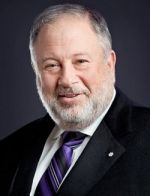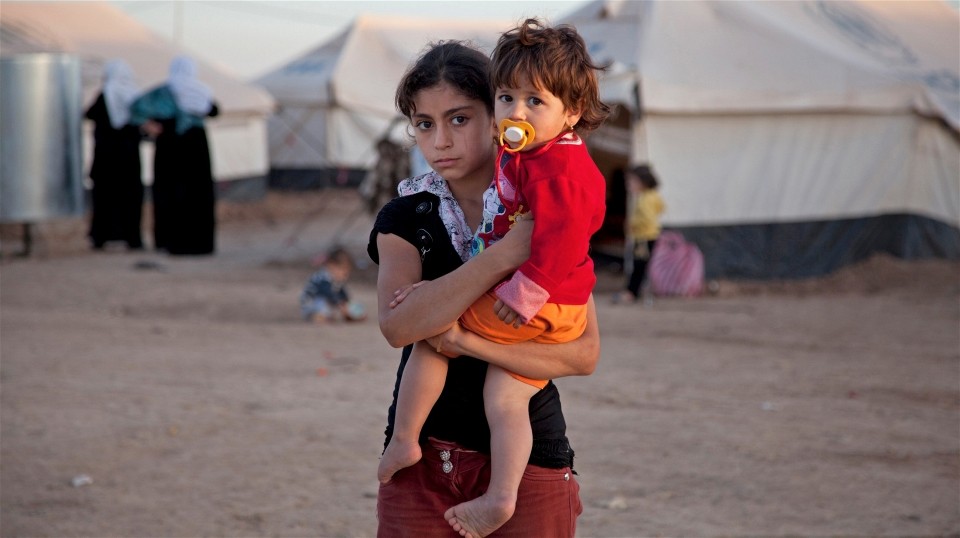Jonathan Wener, BComm 71, chancellor of Concordia, pledged $50,000 to start a student bursary fund, which will be dedicated to Syrian refugees for the coming three academic years.
The Chancellor’s First Generation Fund aims to ultimately support students of any nationality who are refugees or who are the first in their family to attend university.
“Jonathan Wener’s generosity has already ensured a brighter future for three young Syrians, currently in Turkey, who will be welcomed at Concordia to begin their studies should they meet our admission requirements,” says Bram Freedman, Concordia’s vice-president of Advancement and External Relations.
The candidates were identified by the Syrian Kids Foundation (SKF), a Montreal non-profit that opened a school for Syrian refugees in Turkey in 2012.
“Gifts of any amount made to the Chancellor’s First Generation Fund will enable the fund to benefit more refugees,” says Freedman.
Other leaders have since contributed generously, including Michael Novak, a member of Concordia’s Board of Governors.
To make a gift and help provide bursaries to Syrian refugees at Concordia, please visit the Chancellor’s First Generation Fund donation page.
Helping Syrian newcomers integrate
Several Concordians are engaged in volunteer efforts to directly assist Syrian newcomers here in Montreal.
Justin Park, a graduate of the University of California, Los Angeles, is currently completing an independent study in Concordia’s Department of Political Science. He was awarded a grant in January from Fulbright Canada and the American Embassy in Ottawa to launch a program to help new Syrian youth make the transition back into classrooms.
Branded Say Ça!, the program launches on April 2, 2016. Park has recruited student volunteers from Concordia and across all Montreal universities who will provide mentoring and tutoring to Syrian refugees aged 14 to 18 every Saturday at Concordia.
 Concordia Chancellor Jonathan Wener, BComm 71
Concordia Chancellor Jonathan Wener, BComm 71
